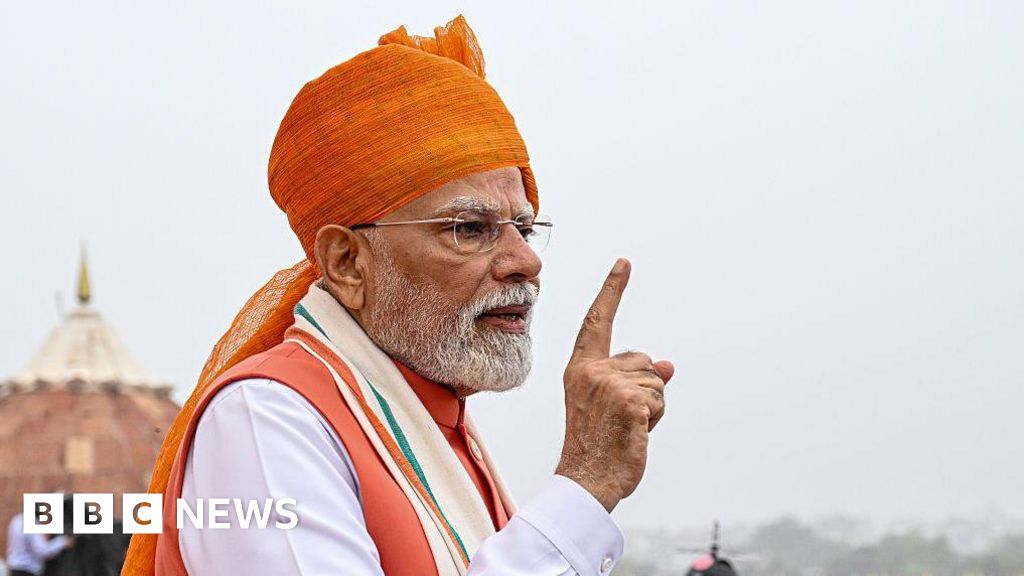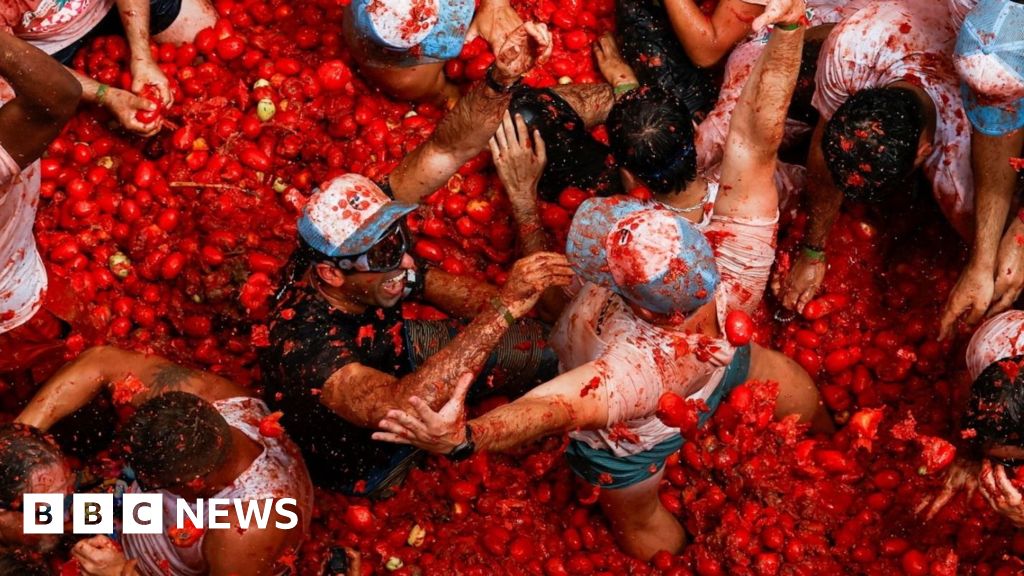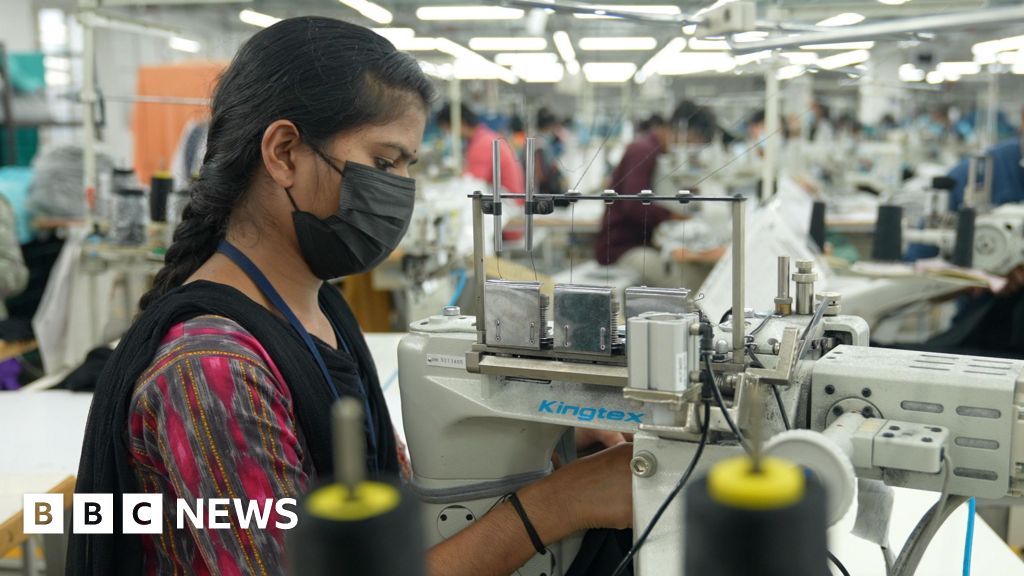The U.S. has officially implemented a 17% tariff on a majority of tomatoes imported from Mexico, effective immediately. This move follows the U.S. withdrawal from a decades-long trade agreement, with officials arguing the agreement failed to protect U.S. tomato growers from what they termed as unfairly priced imports from Mexico.
U.S. Secretary of Commerce Howard Lutnick criticized the previous conditions, stating, "for far too long our farmers have been crushed by unfair trade practices that undercut pricing on produce like tomatoes." He expressed resolve in supporting American agricultural interests.
In response, Mexico firmly rejected allegations of dumping tomatoes at low prices into the U.S. market, attributing the high demand for its tomatoes to their exceptional quality. The tariff's enforcement is anticipated to raise prices at supermarkets and restaurants that heavily rely on tomato products, such as pizza parlors and Mexican diners.
According to the Florida Tomato Exchange, a staggering 70% of tomatoes consumed in the U.S. are sourced from Mexico. Proponents of the 17% tariff believe it will motivate consumers to opt for domestically grown tomatoes, stimulating local agricultural trade. However, the Mexican government has expressed concerns regarding the feasibility of replacing Mexican tomatoes, given the significant volume needed.
To support its tomato growers, Mexico is seeking to negotiate a new deal before the tariff takes full effect while also aiming to find alternative markets for its produce. The issue of U.S. tomato growers facing unfair competition has been a longstanding concern, first petitioned to the government in 1996.
This recent tariff marks another chapter in the ongoing trade tensions between the two nations, as the U.S. president has hinted at imposing additional tariffs, potentially reaching 30% on all Mexican goods by August, citing national security concerns related to narcotics trafficking. Other countries such as Brazil, China, and the European Union have also found themselves in the crosshairs of U.S. tariff threats, further complicating the global trade landscape in light of these developments.




















